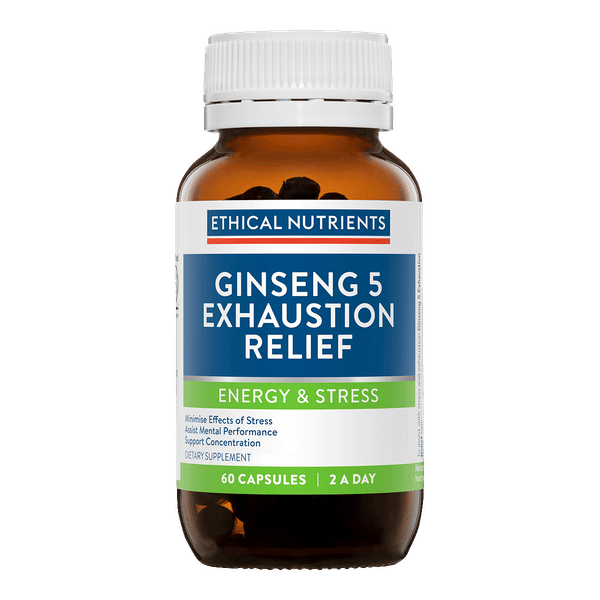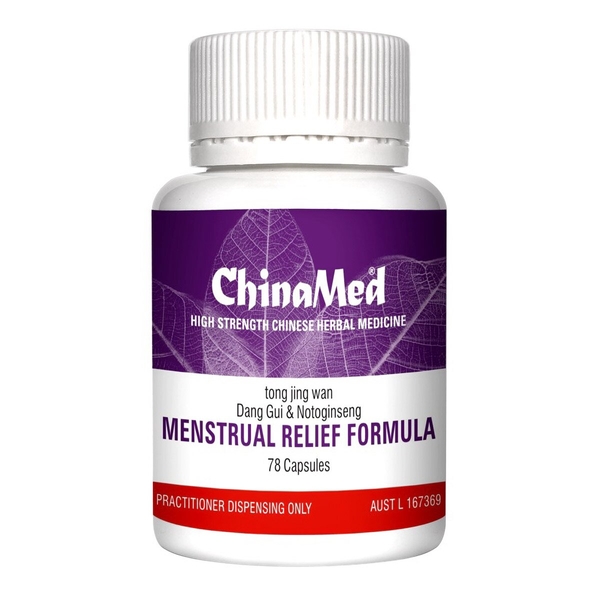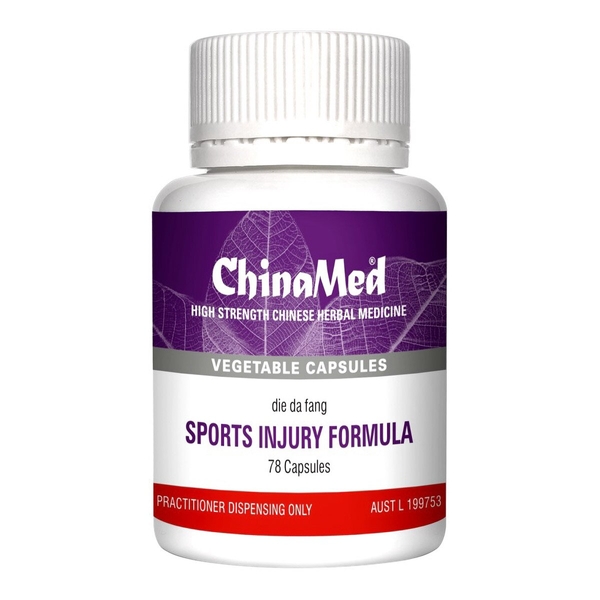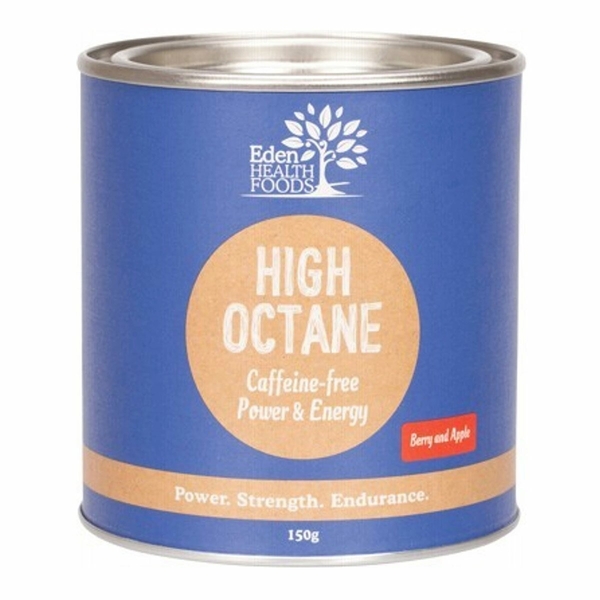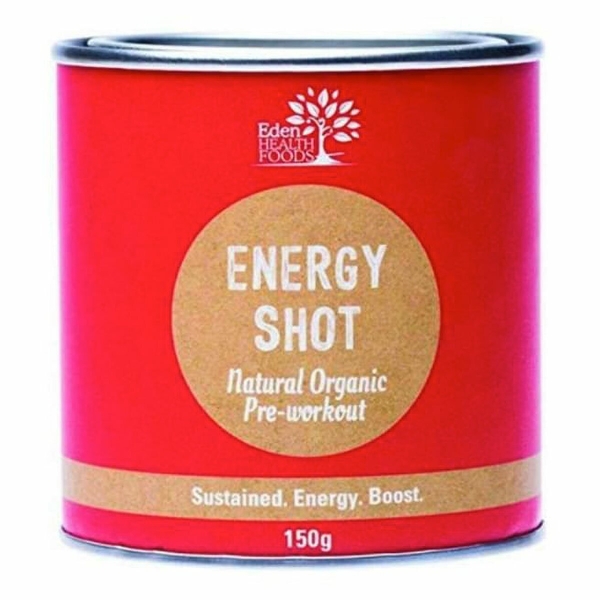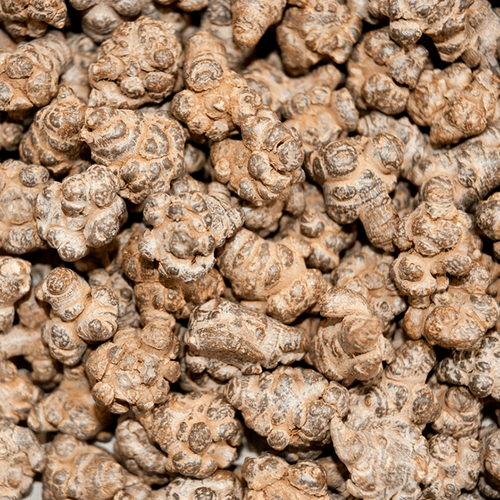
Background
Panax notoginseng might relax blood vessels, which might improve blood flow and reduce blood pressure. Some of the chemicals in Panax notoginseng might also reduce swelling and protect the heart.
People use Panax notoginseng for chest pain, stroke, heart attack, bleeding, high blood pressure, and many other conditions, but there is no good scientific evidence to support these uses.
Don't confuse Panax notoginseng with other plants with similar names, including Panax ginseng and American ginseng. These are not the same.
Safety Safety definitions
When given in the rectum: There isn't enough reliable information to know if Panax notoginseng is safe or what the side effects might be.
Special Precautions & Warnings:
Pregnancy and breast-feeding: Panax notoginseng is likely unsafe when taken by mouth while pregnant or breast-feeding. One of the chemicals in Panax notoginseng has caused birth defects in animals. Avoid use.Hormone-sensitive conditions such as breast cancer, uterine cancer, ovarian cancer, endometriosis, or uterine fibroids: Panax notoginseng might act like estrogen. If you have any condition that might be made worse by exposure to estrogen, don't use Panax notoginseng.
Effectiveness
- Chest pain (angina). Taking Panax notoginseng by mouth or by IV might reduce chest pain. But research evaluating this has been low quality, so it's not clear how well it works. IV products can only be given by a healthcare provider.
- Bleeding within the skull (intracranial hemorrhage). Taking Panax notoginseng by IV might improve recovery and reduce the risk of death in people that have had bleeding in the brain. But research evaluating this has been low quality, so it's not clear how well it works. IV products can only be given by a healthcare provider.
- Stroke. Taking Panax notoginseng by mouth or by IV might improve recovery after a stroke. But research evaluating this has been low quality, so it's not clear how well it works. IV products can only be given by a healthcare provider.
- Heart attack. Taking Panax notoginseng by mouth doesn't seem to prevent heart attacks in people with heart disease who are using conventional medications for heart disease.
Dosing & administration
Interactions with pharmaceuticals
Aspirin
Interaction Rating=Moderate Be cautious with this combination.
Taking Panax notoginseng with aspirin might increase how much aspirin and Panax notoginseng is in the blood. This might increase the side effects of both aspirin and Panax notoginseng.
Caffeine
Interaction Rating=Moderate Be cautious with this combination.
Caffeine is changed and broken down by the liver. Panax notoginseng might increase how quickly the liver breaks down caffeine. Taking Panax notoginseng along with caffeine might decrease the effects of caffeine.
Medications changed by the liver (Cytochrome P450 1A2 (CYP1A2) substrates)
Interaction Rating=Moderate Be cautious with this combination.
Some medications are changed and broken down by the liver. Panax notoginseng might change how quickly the liver breaks down these medications. This could change the effects and side effects of these medications.
Warfarin (Coumadin)
Interaction Rating=Moderate Be cautious with this combination.
Warfarin is used to slow blood clotting. Panax notoginseng might increase the effects of warfarin. Taking Panax notoginseng along with warfarin might increase the chances of bruising and bleeding. Be sure to have your blood checked regularly. The dose of your warfarin might need to be changed.
Interactions with herbs & supplements
Interactions with foods
Products
View all products- Panax notoginseng (Tienchi ginseng) ext. 14.93 mg
- Salvia miltiorrhiza ext. 24.89 mg
- Corydalis turtschaninovii ext. 24.89 mg
- Paeonia lactiflora ext. 24.87 mg
- Paeonia veitchii ext. 24.87 mg
- Angelica polymorpha ext. 24.87 mg
- Typha angustifolia ext. 24.87 mg
- Prunus persica ext. 22.39 mg
- Ligusticum striatum ext. 22.39 mg
- Cyperus rotundus ext. 22.39 mg
- Lindera strychnifolia ext. 22.39 mg
- Curcuma zedoaria ext. 22.39 mg
- Panax notoginseng (Tienchi ginseng) ext. 7.53 mg
- Paeonia lactiflora ext. 18.84 mg
- Angelica polymorpha ext. 18.84 mg
- Daemonorops draco ext. 11.31 mg
- Drynaria fortunei ext. 11.31 mg
- Dipsacus asper ext. 11.31 mg
- Prunus persica ext. 11.31 mg
- Boswellia carterii ext. 11.31 mg
- Commiphora myrrha ext. 11.31 mg
- Sparganium stoloniferum ext. 11.31 mg
- Curcuma zedoaria ext. 11.31 mg
- Paeonia suffruticosa ext. 11.31 mg
- Saposhnikovia divaricata ext. 11.31 mg
- Citrus aurantium ext. 11.31 mg
- Curcuma longa ext. 11.31 mg
- Platycodon grandiflorus ext. 11.31 mg
- Glycyrrhiza uralensis ext. 6.27 mg
- Carthamus tinctorius ext. 11.31 mg
- Corydalis turtschaninovii ext. 18.84 mg
- Cyathula officinalis ext. 15.06 mg
- Paeonia veitchii ext. 18.84 mg
- Salvia miltiorrhiza ext. 18.84 mg
- Siphonestegia chinesis ext. 11.31 mg
- Panax notoginseng (Tienchi ginseng)
- Turnera diffusa (leaf)
- Panax ginseng
- Eleutherococcus senticosus
- Glycyrrhiza glabra (root)
- Beta vulgaris (root) powder (Beetroot)
- Mucuna pruriens
- Lycium barbarum (fruit)
- Coconut water powder
- Tribulus terrestris
- Smilax officinalis
- Hebanthe eriantha
- Stevia rebaubiana
- Natural apple flavour
- Myrica rubra (berry) powder (Yumberry)
- Panax notoginseng (Tienchi ginseng)
- Paullinia cupana kunth (seed)
- Camellia sinensis (leaf) powder
- Eleutherococcus senticosus (root)
- Panax ginseng
- Lepidium meyenii (root) powder
- Hebanthe eriantha
- Siraitia grosvenorii (Monk fruit)
- Brambleberry
- Turnera diffusa (leaf)
- Ginkgo biloba (leaf)
- Crataegus monogyna (berry)
- Glycyrrhiza glabra (root)
- Stevia rebaubiana (leaf)
- Lycium barbarum (fruit)
- Cola acuminata
- Ilex paraguariensis (leaf) dry
- Lepidium meyenii juice dry

